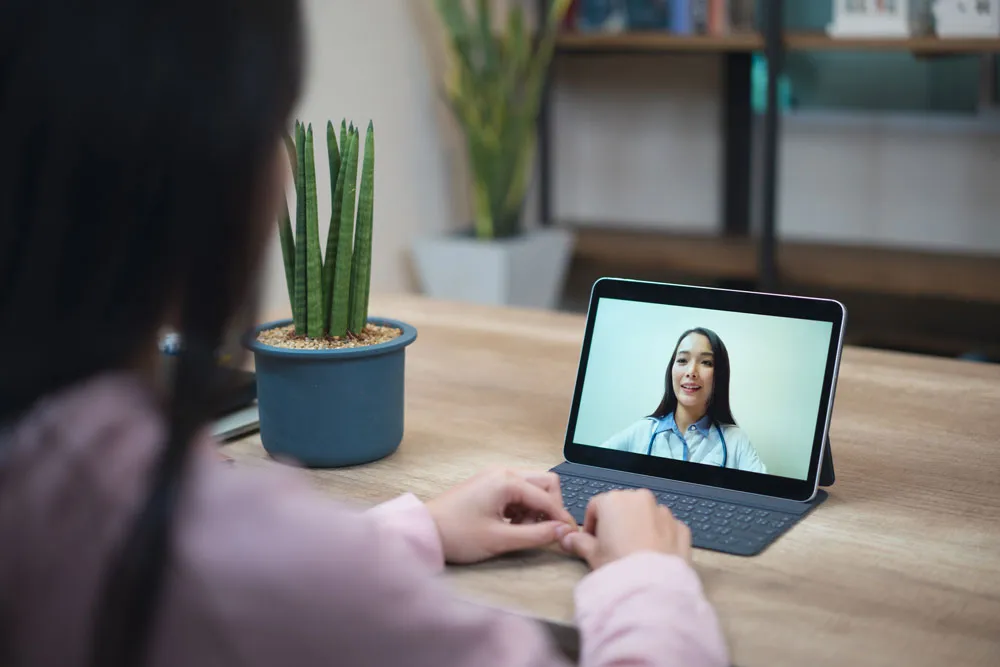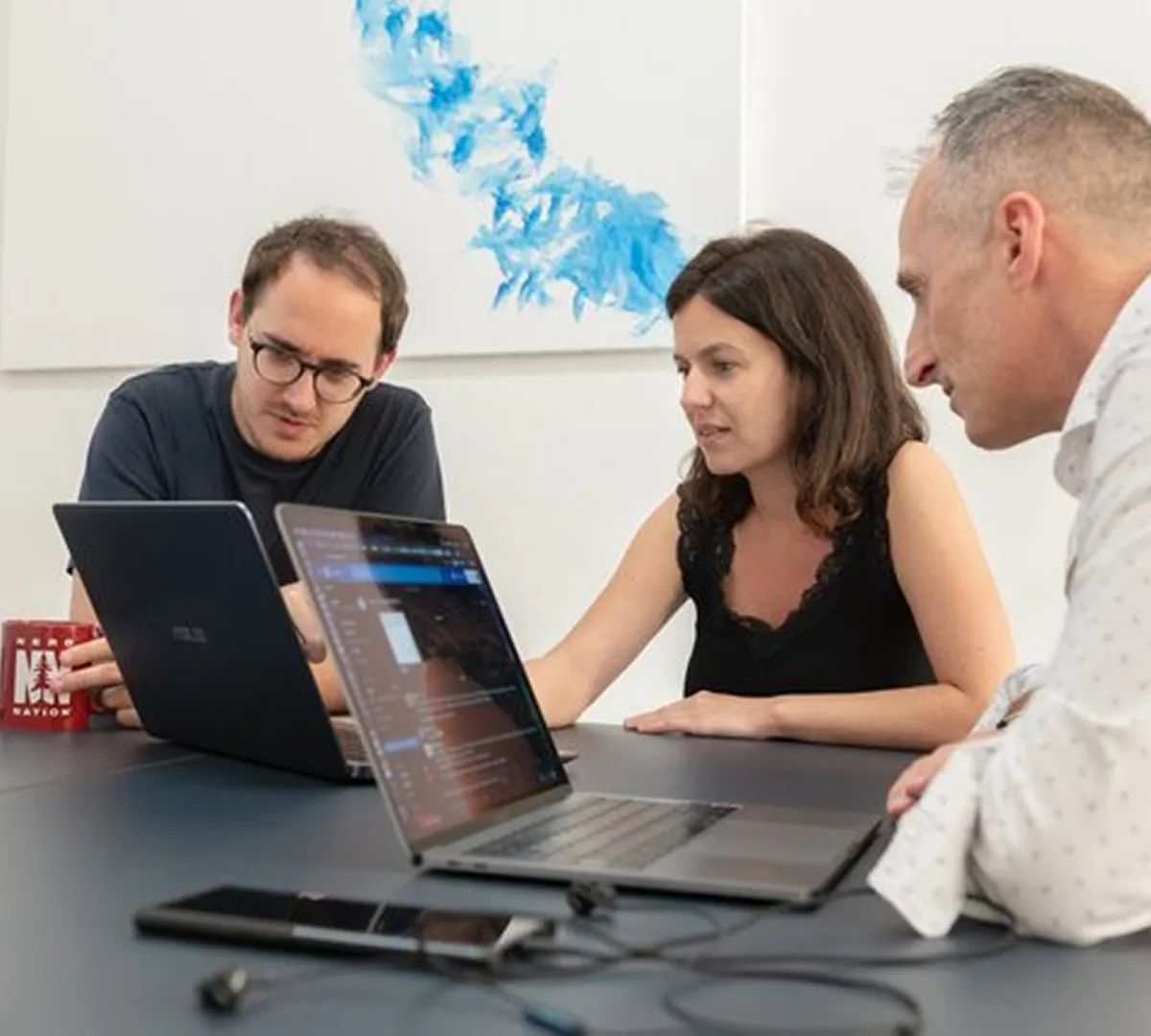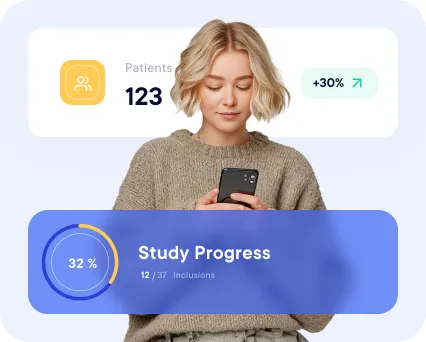Conducting clinical trials comes with many challenges—choosing the right protocol, accessing patients, complying with a range of regulations—all while keeping costs under control in line with CSR and environmental sustainability goals.
A poor choice of timing and/or technology, targeting the wrong patient recruitment criteria, using an unsuitable data collection system, or facing access issues with participants can lead to high failure rates, delays, and budget overruns.
To tackle these challenges, the digitalization of clinical trials is expanding rapidly. It enables efficient management of many of these issues—especially when the platform used doesn’t require external or specialized services to set up essential data collection documents such as the eCRF and ePRO. This significantly reduces study startup costs.
A digital platform (EDC, eCRF, ePRO…) makes the work of various stakeholders (technicians, investigators, CRAs, project managers, sponsors…) easier by providing quick and easy access to documents (observation books, forms…), thus reducing the resources needed to implement and oversee each stage of a study.















